 Locked-in syndrome leaves people awake and aware, but unlikely able to move or talk. But does it leave them unhappy? The largest study of locked-in syndrome to date says, “Not necessarily.”
Locked-in syndrome leaves people awake and aware, but unlikely able to move or talk. But does it leave them unhappy? The largest study of locked-in syndrome to date says, “Not necessarily.”
Locked-in syndrome is caused by major brain injury, often from some sort of accident. People that have locked-in syndrome are usually totally paralyzed and move their eyes to communicate. It sounds like a very difficult existence, but a “surprising number” of people in the study reported being happy in spite of their disabilities.
Researcher Dr. Steven Laureys of Belgium’s University of Liege and his colleagues sent a survey to 168 members of the French Association for Locked-In Syndrome, asking them a variety of questions about their life and experiences as people with locked-in syndrome. Sixty-five participants completed a question about well-being, with forty-seven indicating that they were happy, and eighteen indicating they were sad. “Only a handful” talked about experiencing suicidal thoughts. Most patients responded to questions by blinking.
Laureys believes that these self-reports of happiness from individuals with locked-in syndrome should be changing the way we view euthanasia. There appeared to be a correlation between a self-report of happiness and a length of time having locked-in syndrome, suggesting that individuals can adapt to the challenges of the condition over time. He suggests that medical professionals view euthanasia requests “with sympathy”, but that they not be granted until the person has had time to adjust to their condition and to be sure that improvement isn’t a possibility. Some patients do make functional gains with physiotherapy.
Tom McMillan, a professor of clinical neuropsychology at the University of Glasgow, isn’t surprised by Laureys’ findings. He’s worked with people with locked-in syndrome that were very happy about life and “that wanted to live despite previous court applications to withdraw life support.” The ability to find happiness in spite of such severe bodily limitations is sometimes called “the disability paradox”, but scientists have found that happiness is relatively stable throughout life and has little to do with external events.
The study’s results may be based on too small a group to reliably draw conclusions about people with locked-in syndrome in general. The fact that participants had family or caregivers present when they answered the questions may have influenced their answers as well.
Read more: http://www.nbcnews.com/id/41746257/ns/health-health_care/


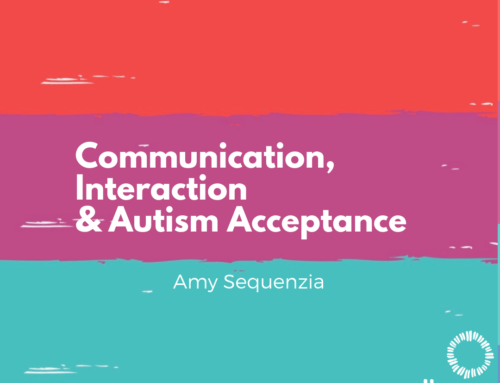
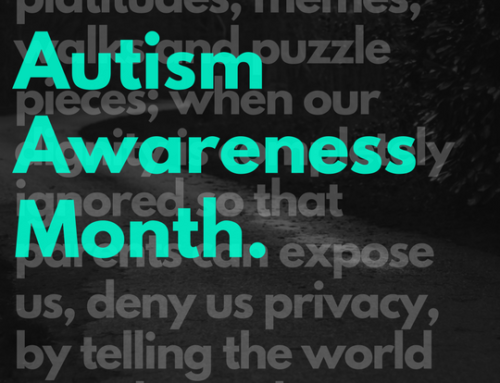
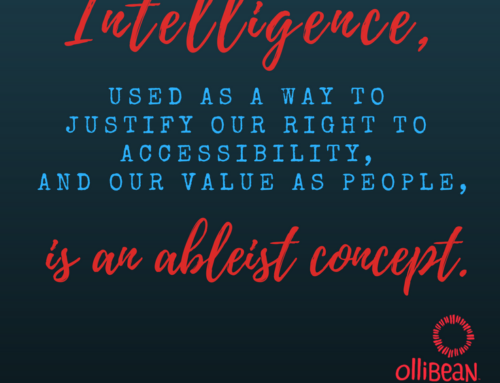
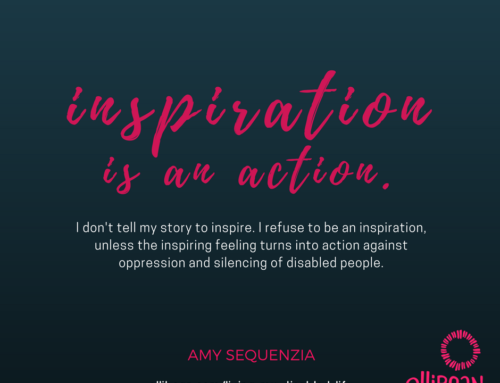

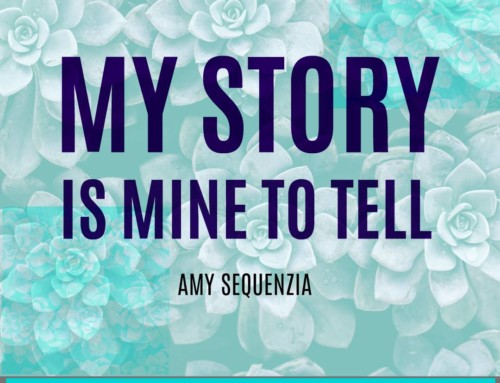
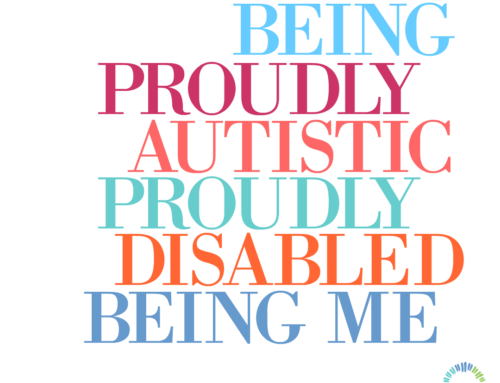
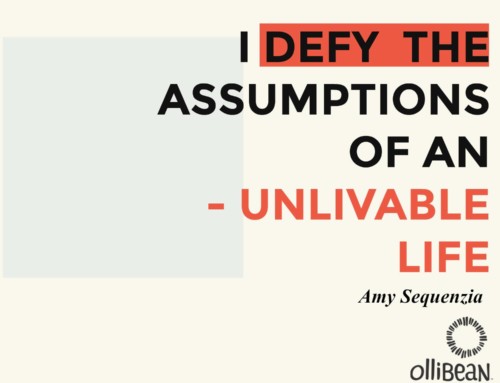
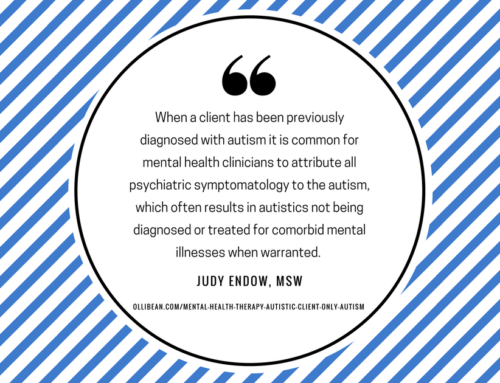
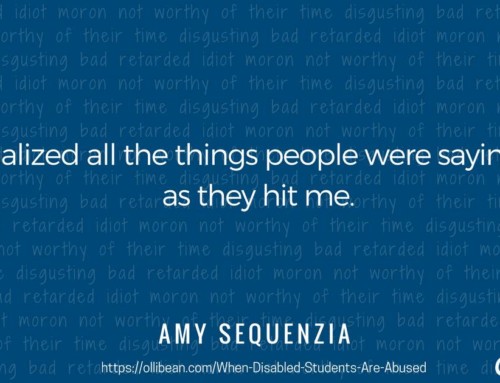

Leave A Comment